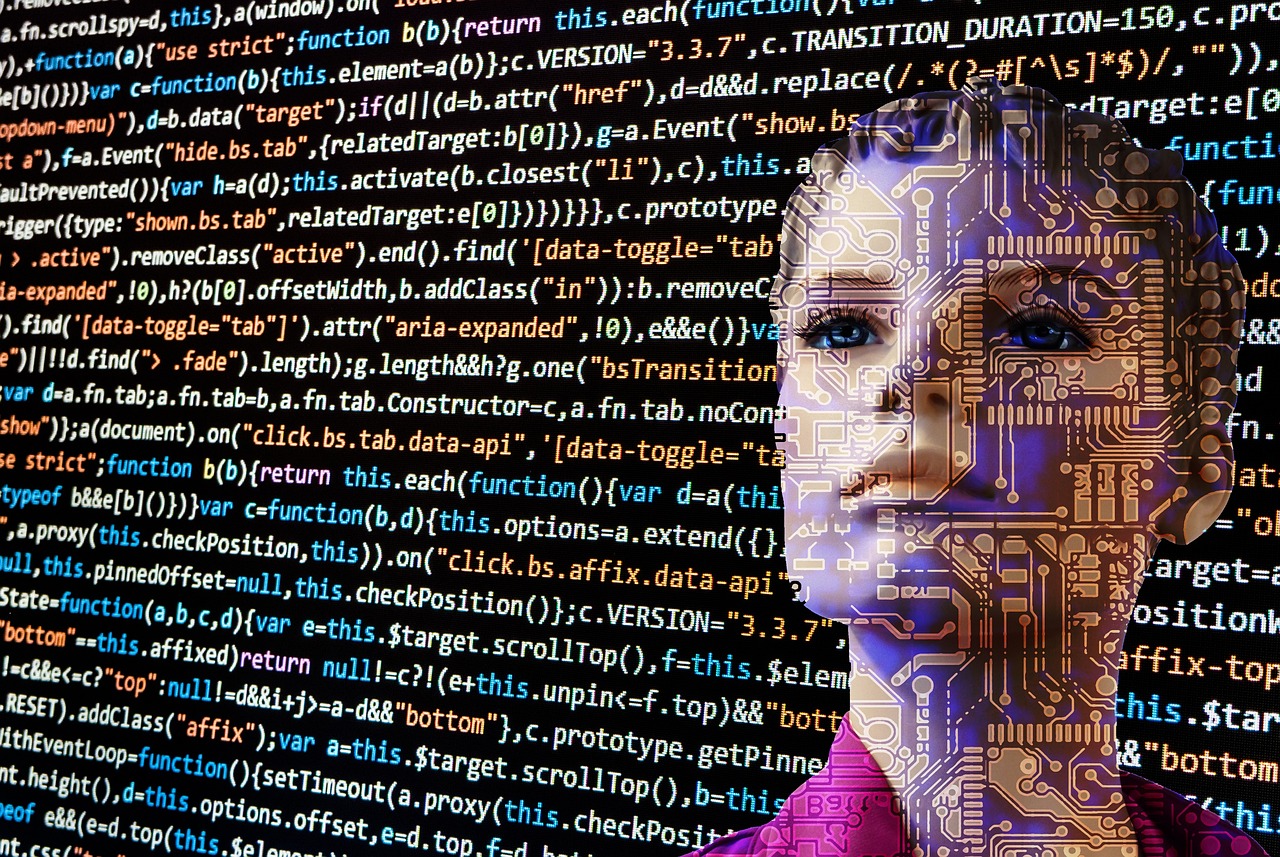There are many articles on news sites about ChatGPT, the artificial intelligence bot disrupting industries, ranging from programming to legal services. The buzz about AI has raised the question: will AI be able to replace lawyers in the future? What is the reason that lawyers fear ChatGPT? This is due to ChatGPT’s rapid development and growing influence on people’s lives.
People may believe that AI will eventually replace lawyers’ jobs by allowing them to ask for solutions to their legal problems without engaging a lawyer. That is not true at all. This content might help calm your nerves if you are concerned about employment. We will also examine how ChatGPT can prove to be resourceful for lawyers.
What is ChatGPT by Open AI, and How Does it Work?
Let us begin by defining Open AI. Open AI is a company that designs and develops intelligent autonomous systems. The development of systems that can perform as well as humans; and at the most economical cost. Thus, ChatGPT was created.
The ChatGPT chatbot is artificial intelligence-driven, which provides relevant responses to any questions you ask. After asking ChatGPT for a weekly meal plan, ChatGPT immediately provides a textual paragraph containing the meal plan for the week.
Human AI trainers trained it to converse with a user and respond appropriately. The ChatGPT service sounds great, and you can use it for free! There may be a problem getting in (sometimes) due to high demand.
With its introduction, ChatGPT has gained popularity in various fields and for several purposes. It has been used in healthcare customer service to provide research insight. Moreover, it can generate error-free programming code in all languages, thus threatening the jobs of developers and programmers. Legal professionals also fall in the same category.
ChatGPT Role as Lawyer
While artificial intelligence has become an integral part of our daily routines, it has taken its role in business very seriously. ChatGPT was an invaluable tool for managing tasks within a budget and quickly, from reviewing data to automating repetitive tasks.
Legal firms, renowned for their conventional approach to matters, have also utilized artificial intelligence. ChatGPT is available for those who wish to review documents or conduct research related to similar cases. There is a lot of concern about ChatGPT replacing lawyers in the future.
There is no doubt that the answer is no. The ChatGPT language model is an extremely powerful tool, but it cannot learn as much as humans can because it needs to gain the knowledge and experience that comes from working in the legal profession for many years.
Despite the complexity of individual cases, humans can make impartial decisions based on the circumstances of each case. There is no emotional intelligence in machine learning programs that we possess.
That was an easy answer for those seeking to understand why ChatGPT is not a substitute for legal advice. Let’s take a look at why this is the case. If you want to hire a lawyer to handle your legal problems, contact Jurisdigital.
Aspects of ChatGPT That Lawyers Should be Aware Of
Aside from technical limitations, ChatGPT faces legal obstacles, such as using electronic devices during court proceedings.
ChatGPT is still a relatively new technology. While ChatGPT may provide eerily accurate responses, it is not comparable to the services of a human lawyer. As well as being inaccurate, the chatbot-in-training has been reported to provide incorrect information to users. Due to ChatGPT’s lack of nuance, let alone the ability to compose consistently accurate responses, it is not in a position to replace lawyers.
Moreover, it is always the ethical obligation of a lawyer to place that precedence above convenience.
Using AI as your lawyer is ethically problematic and can raise confidentiality, security, and privilege issues in data transmissions between your firm and ChatGPT. Before using ChatGPT, lawyers must read its Privacy Policy and Terms of Service, as the chatbot stores personal data.
More Weaknesses of ChatGPT
Unfortunately, the deficiencies don’t stop here. Even though ChatGPT is a library, its lack of training and understanding prevents it from providing legal advice. Therefore, the advice it provides may technically be accurate but ethically incorrect. Using AI as a lawyer has the following disadvantages:
- They provide no personalized advice. An occurrence that varies? Are there other possibilities? Is the client in a good emotional state? Yes, ChatGPT has zero idea what any of this means.
- There is no negotiation skill at all. Your lawyer must fully understand your side to resolve a dispute and make a reasonable offer. You may need to settle for the initial bid that is less (than the actual damage) if your lawyer is not skilled at negotiating.
- AI’s final and most serious flaw is that it is subject to bias. Even though artificial intelligence provides good data, it may be reasonable in court since it uses only a limited data set.
- Litigation requires much personal information; providing AI like ChatGPT with this data will raise the risk of unwanted access. How this data is stored and used is of concern to many people.
These drawbacks could have a negative effect. Consequently, examining when and how to apply artificial intelligence to law practice is essential.

Is ChatGPT Helpful to Lawyers in Any Way?
Even though ChatGPT has some disadvantages, it is still a valuable tool. The following are some examples of what you can do with it:
1) Reduced Costs
Fee earners can use the chatbot to perform research and other pre-work when instructed. In turn, law firms would save on costs associated with specific tasks by reducing the need for human input.
2) Efficiencies and Productivity are Improved
Fee earners can improve their productivity by using ChatGPT’s features and focusing on high-level work. Using the chatbot, users can research quickly and get responses within seconds. When drafting advice for a client, fee earners can use it as a starting point.
3) The Ability to Access a Wide Range of Information Sources
For ChatGPT to curate a response for the user, it accesses a wide range of data. Due to the variety of data, fee earners can access a broader range of legal information than they would have been able to otherwise.
Final Thoughts on Will AI Replace Laywers
We can therefore conclude that artificial intelligence cannot act as a lawyer. But it is indeed a great help. Using AI technology like ChatGPT, you will devote less time to data analysis or creating documents and focus on developing successful strategies.
As long as ethical concerns are considered, artificial intelligence can transform the legal profession. This will also help reduce the costs of the services, making them more affordable for the general public.
A lawyer’s emotional intelligence is something AI lacks. By balancing artificial intelligence proficiency with human judgment, we can improve the quality and reduce the cost of legal services in the future.

